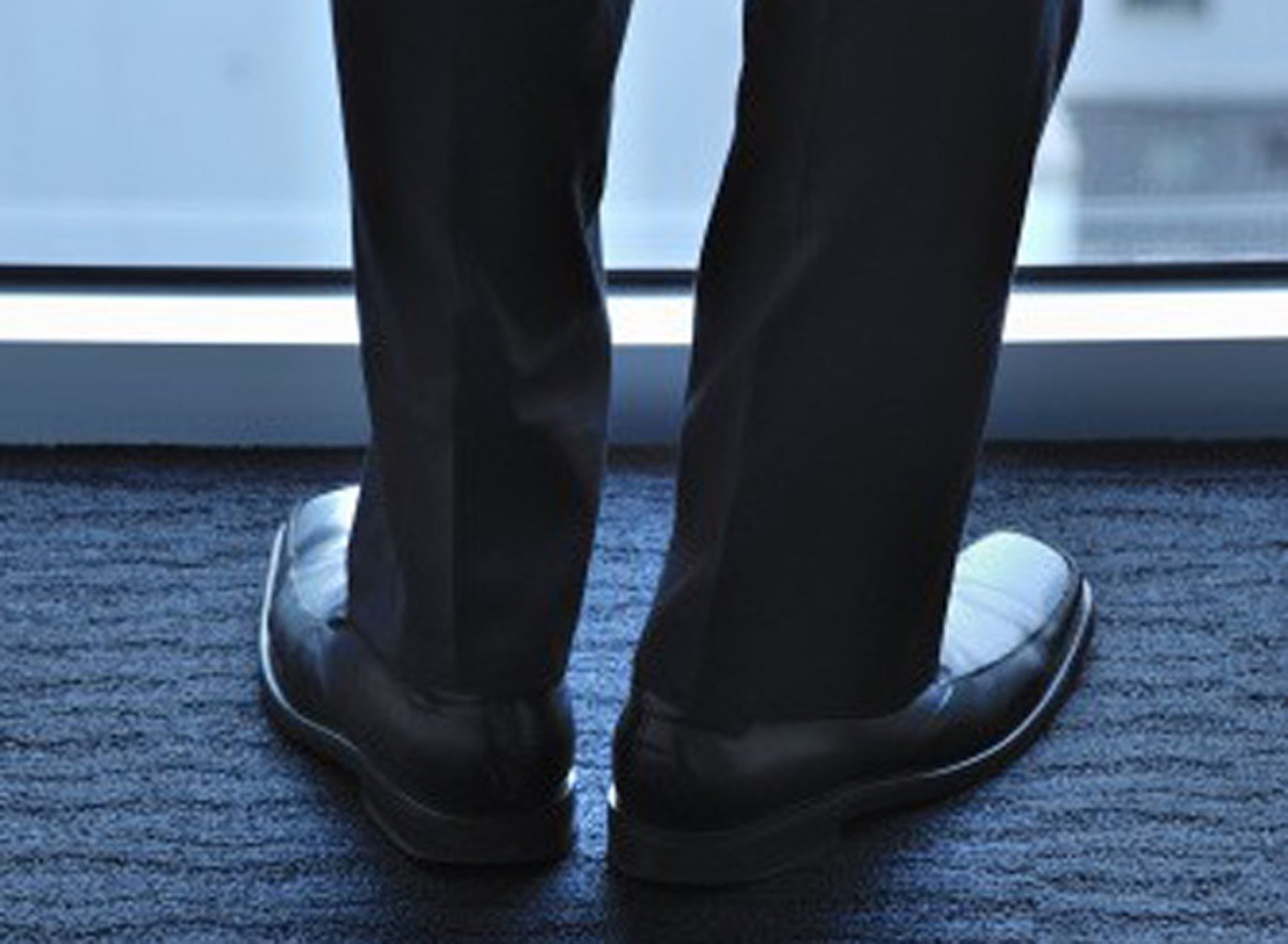The modern face of hardship
There are now more adults in poverty from working households than from homes where no one works

More than six million working Britons are living in poverty, according to a report published tomorrow. The growing numbers of "in-work" poor – adults from households where at least one person works – has risen to 6.1 million in the past decade, according to the Joseph Rowntree study. The figure exceeds the 5 million poverty-stricken adults from households where nobody works.
The findings will embarrass the Government, which insists that a lack of work is the key to Britain's poverty problems and that benefit reforms are designed to ensure those in employment will not be worse off than those out of work.
Roughly one-third of children in poverty, around 700,000, are now in working households, the Monitoring Poverty report found. Tom MacInnes, research director at the New Policy Institute and author of the Joseph Rowntree Foundation study, said in-work poverty, not a lack of work, is becoming "the modern face of hardship".
He added: "This is about people who are working but aren't bringing in enough money to lift their family above the poverty line. The high level of in-work poverty undermines any idea that better incentives to enter work are some kind of cure-all. [Poverty] has become mainstream."
Liam Byrne, the shadow Work and Pensions Secretary, told The Indepdendent on Sunday the report "lays bare the scale of working poverty".
He added: "The Government is engaged in a big exercise of distraction politics, talking about different groups that benefits are being taken away from, to disguise the blunt truth: working families are paying the highest price. A third of the welfare cuts land on tax credits. Britain's 'strivers' are getting screwed, because of the coalition's failure to get Britain back to work."
While full-time employment is up by more than 50,000 this quarter, 6.5 million people are underemployed in Britain, the report found, lacking the paid work they want. There are 1.4 million people working part-time but wanting full-time work, a rise of 500,000 since 2009. The number of working families receiving tax credits – payments to top up low wages – has risen by 50 per cent over the last decade, to more than 3 million.
Mr Byrne added: "Part-time workers are better off on benefits, over £700 a year better off, than in work. This can't be right. Equally, a couple working, with two kids, earning £40,000, will lose around £1,900 over the course of this Parliament."
Julia Unwin, chief executive of the Joseph Rowntree Foundation, said the problem lies at the "murky end of the labour market", with its "insecure, short-term and poorly paid jobs".
One-fifth of women and one-seventh of men earn less than £7 per hour. Over the last four decades, hours per worker have fallen by 11 per cent. Only 2 per cent of all working-age households contain no one who has ever worked, according to the report.
Iain Duncan Smith, the Work and Pensions Secretary, recently described poverty as the result of "worklessness and welfare dependency, addiction, educational failure, debt or family breakdown".
For Ruth Lupton, deputy director of the London School of Economics' Centre for the Analysis of Social Exclusion, the report shows that "we can't rely on welfare reform alone to fix poverty". She said: "People are cycling in and out of work, into low-paid jobs, but the Government hasn't shifted the debate. This report points to underlying labour-market structural problems."
The findings echo the concerns of charities and community organisations. A fifth of single parents working full time are in poverty, according to Gingerbread, a charity providing support to single parents.
Around 700,000 children living in poverty are not entitled to free school meals because their parents go to work. A fifth of all food bank clients cited low incomes as the main reason they could not afford food last year, according to the Trussell Trust.
A spokesperson for the Department for Work and Pensions said the number of working-age adults in relative poverty, defined, in this case, as having an income that is below 60 per cent of the median after housing costs, has dropped by 100,000 since 2010.
She said: "Our welfare reforms will improve the lives of some of the poorest families. The universal credit will make work pay – by allowing people to keep more of their hard-earned money as they move into work – and directly lift hundreds of thousands out of poverty."
Join our commenting forum
Join thought-provoking conversations, follow other Independent readers and see their replies
Comments